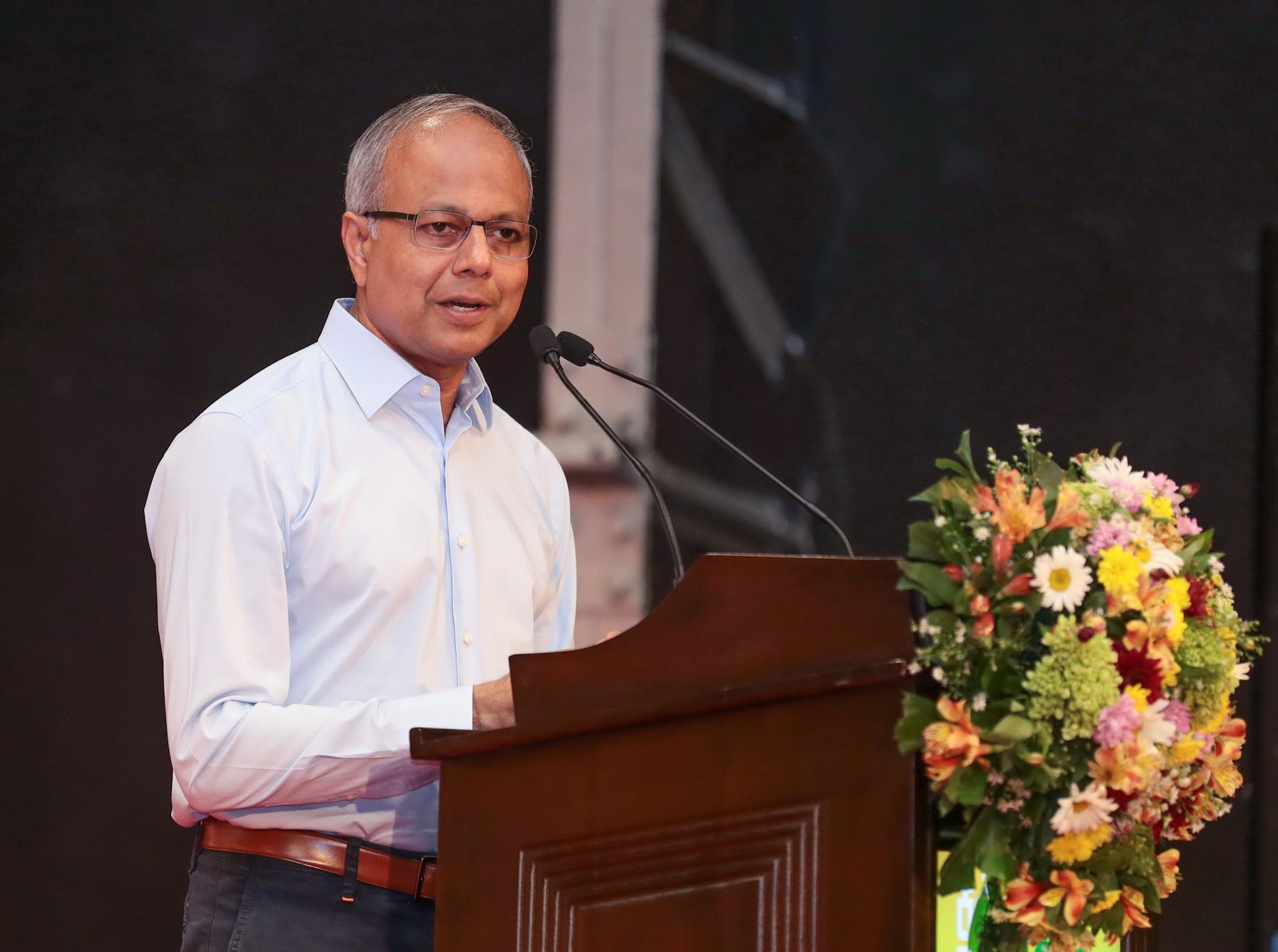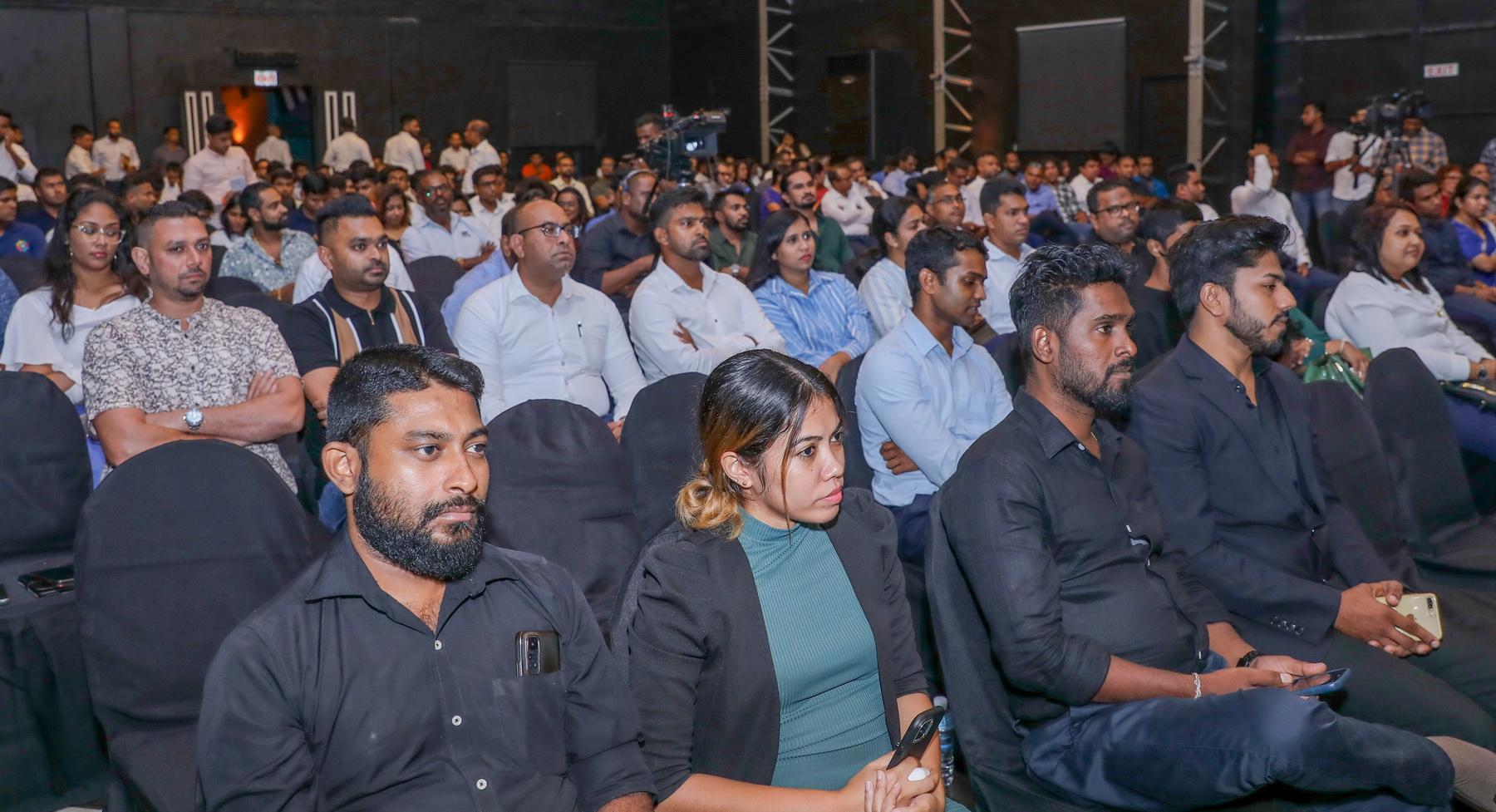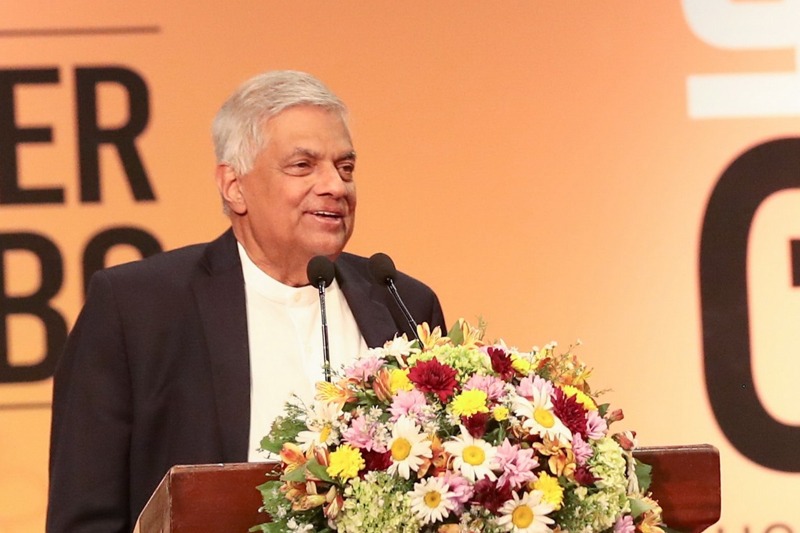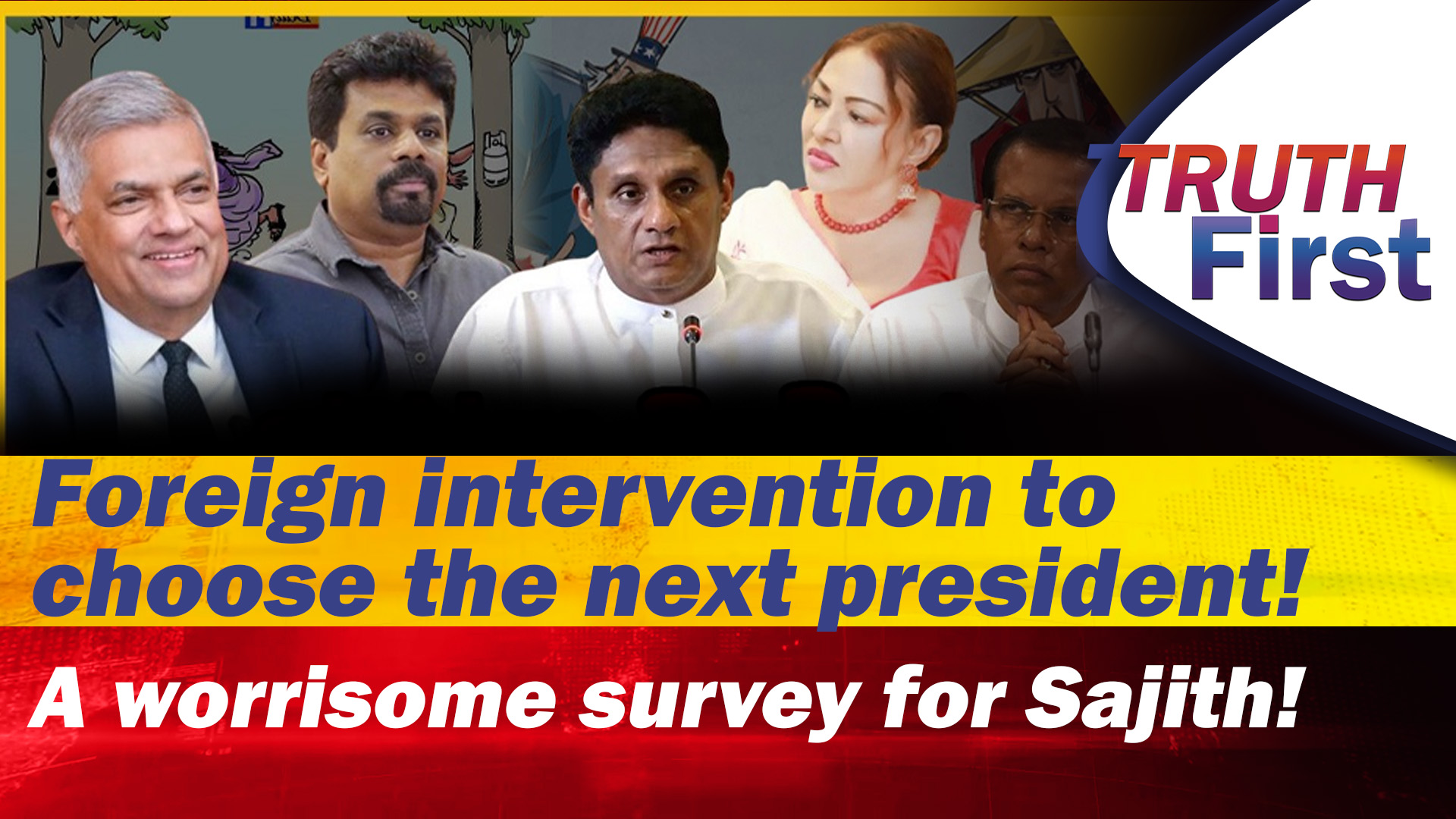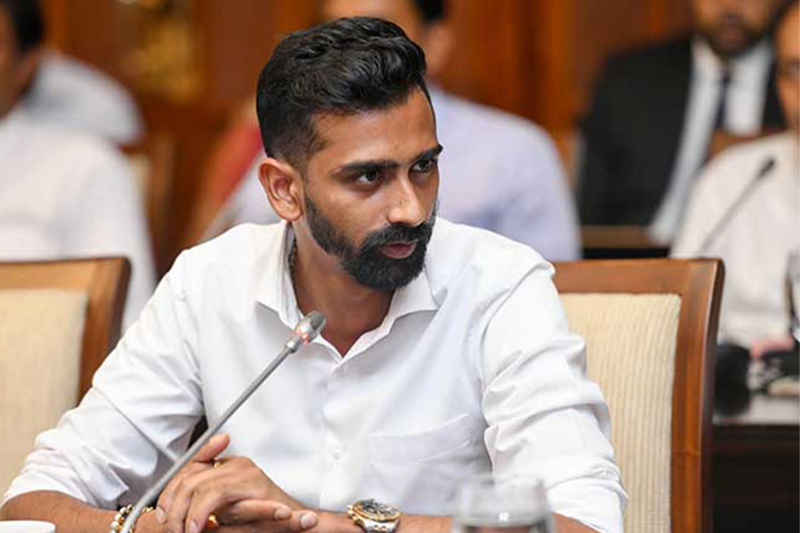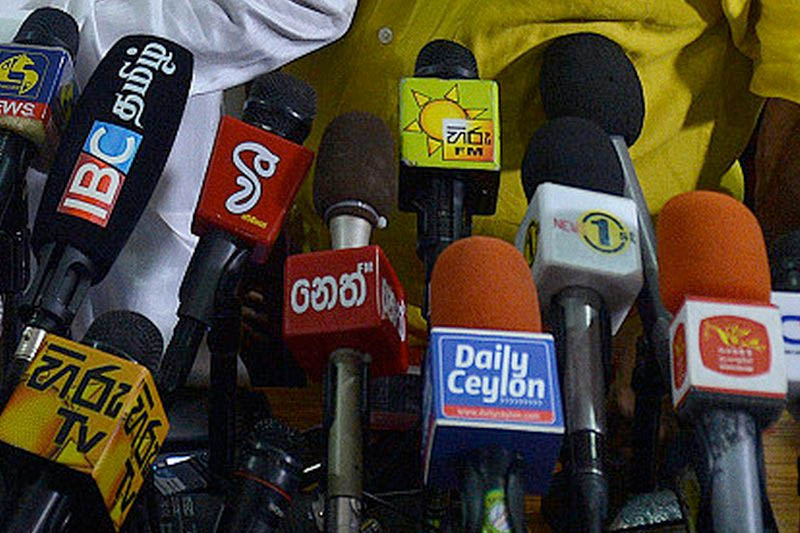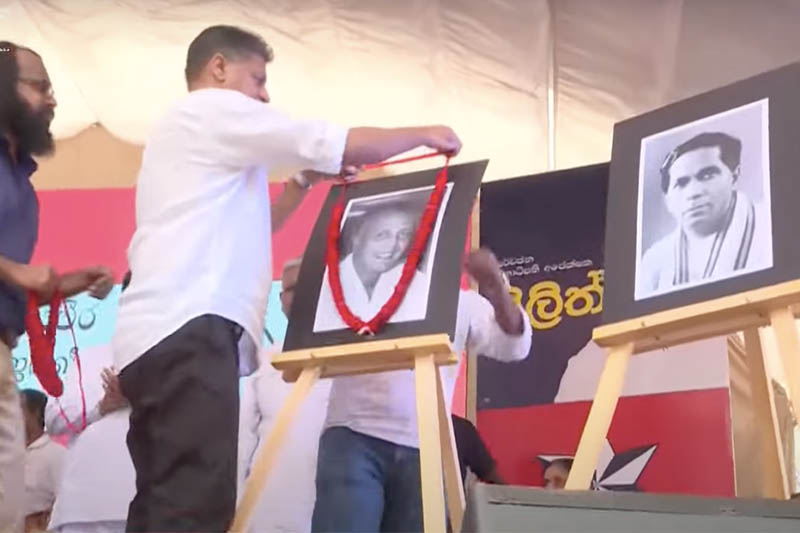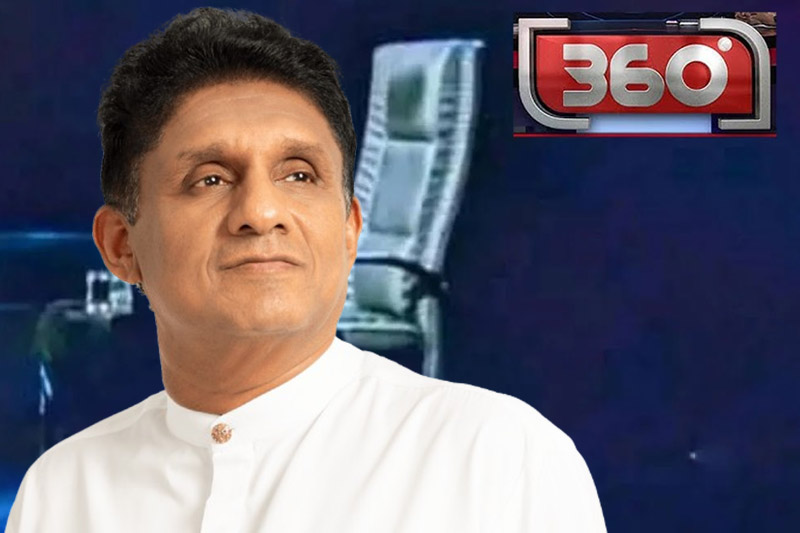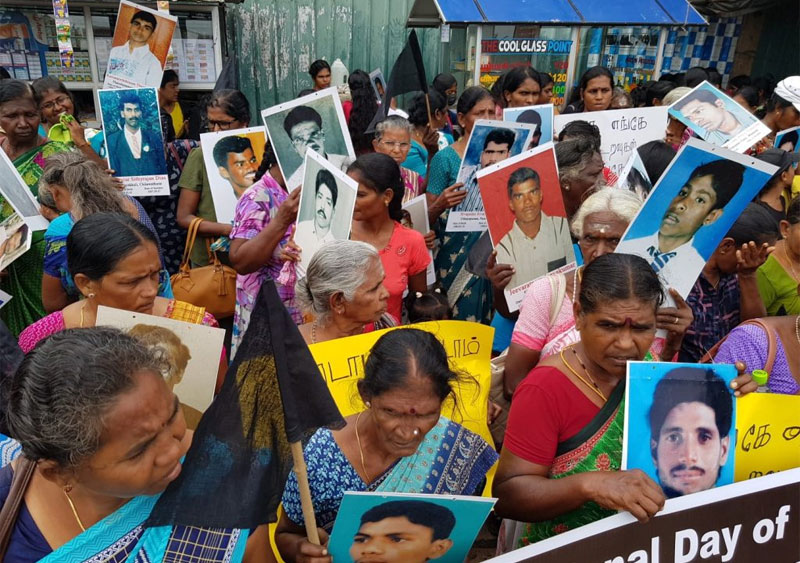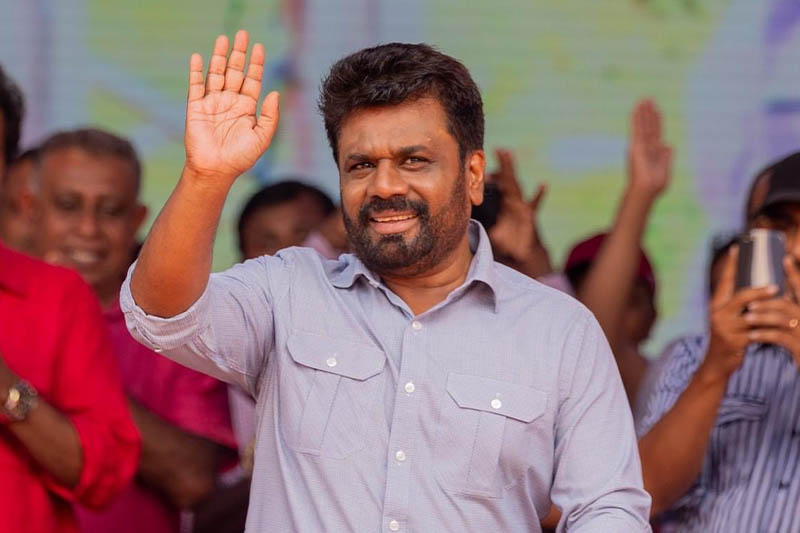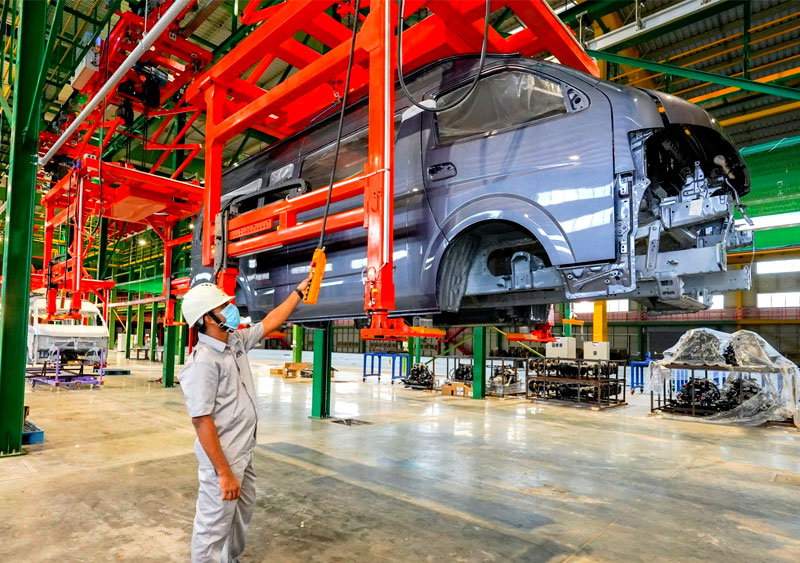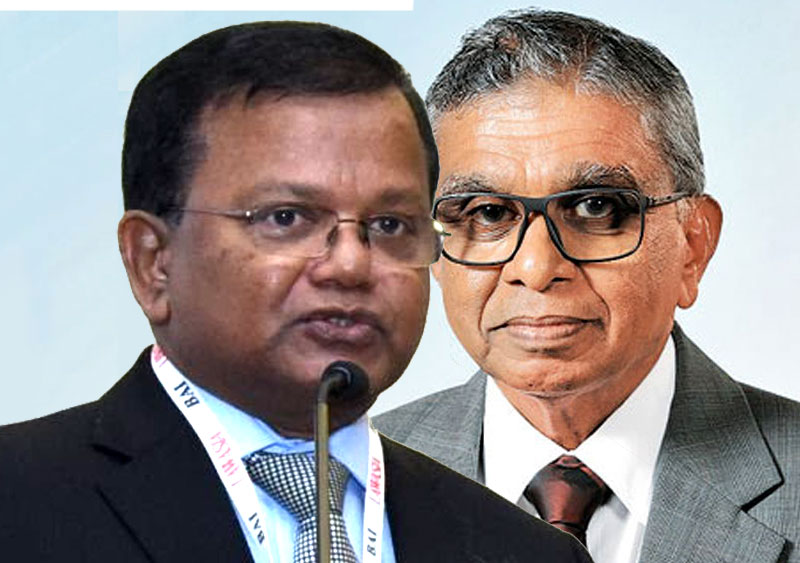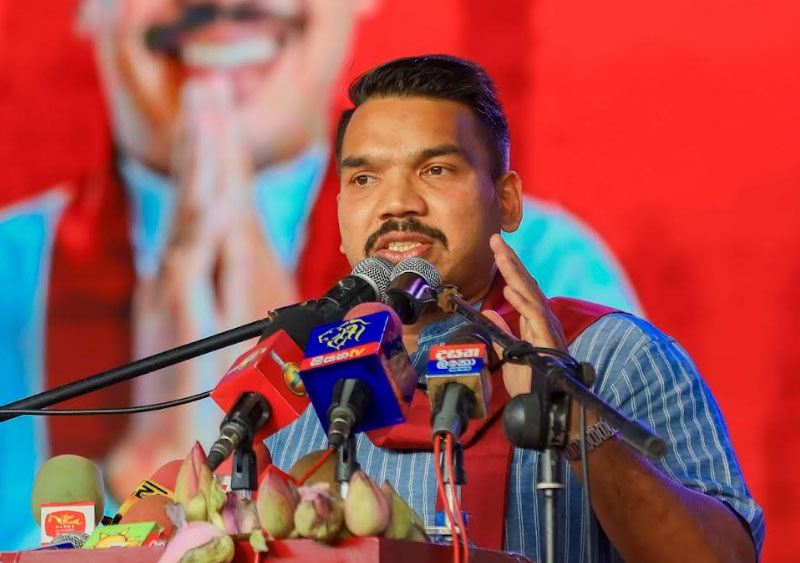President Ranil Wickremeisnghe criticized the Janatha Vimukthi Permauna (JVP) for repeating the mistake of making unrealistic promises and questioned whether it is wise to entrust the country's future to a group unwilling to acknowledge their past errors.
He alleged the JVP of deceiving the public by pretending to distance themselves from past armed rebellions, asserting that this is a misleading tactic.
President Wickremesinghe made these remarks during the "Puluwan Peraliya” program held yesterday (12) in Colombo. The event saw a large turnout from the Colombo area and was organized by the Colombo Circle to rally support for the President in the upcoming presidential election.
During the meeting, President Wickremesinghe addressed questions from the youth, providing positive responses.
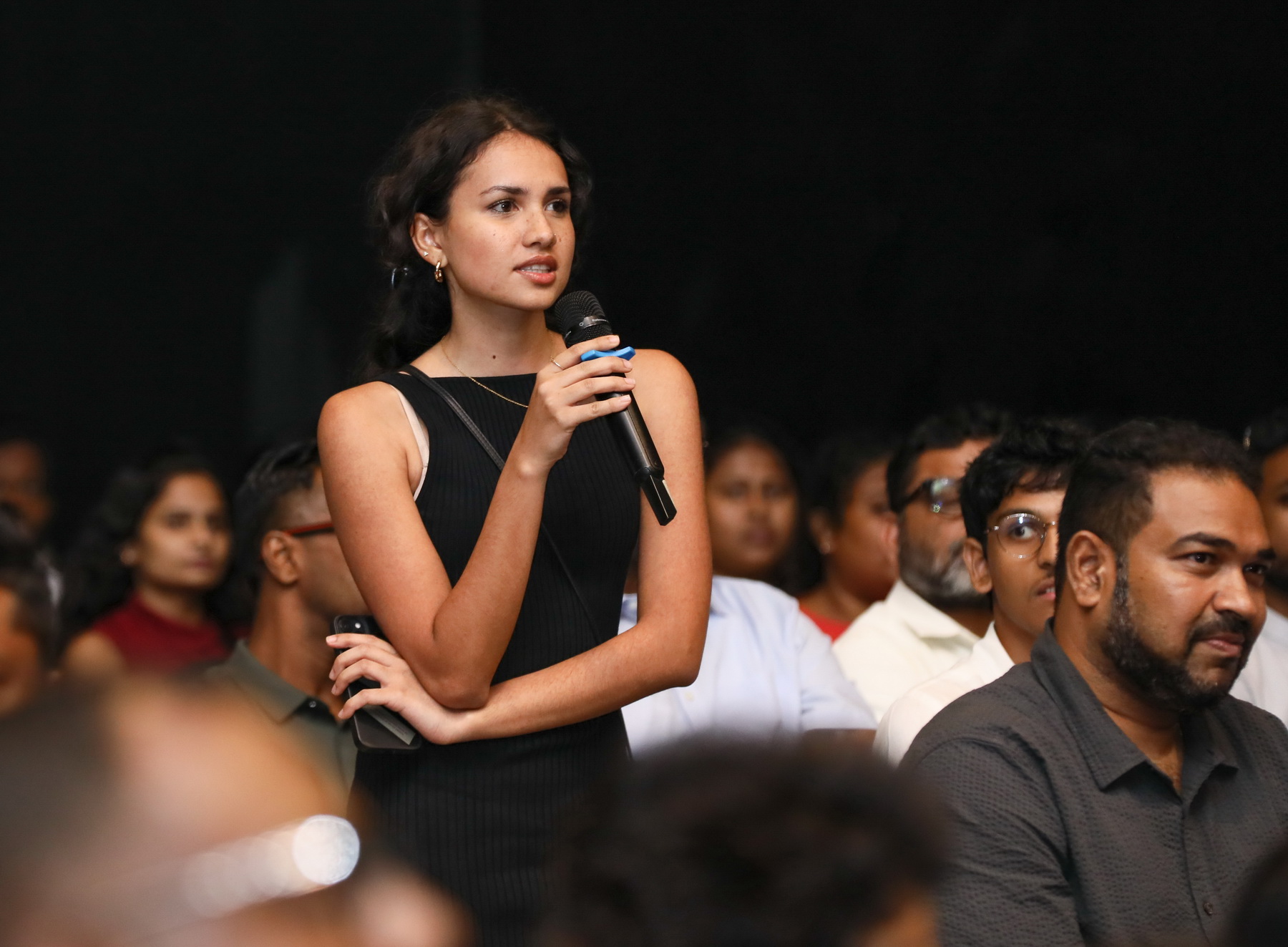
In response to a question from a young lady, he warned that if the country were to face further struggles, it would be nearly impossible to recover from the economic crisis and emphasized that the 2024 presidential election represents the last chance to rebuild the nation.
President Ranil Wickremesinghe further added:
"Taking responsibility means making hard decisions. For me, it was very difficult to raise VAT, but the alternatives were even worse. And the decision paid off because it helped stabilize the rupee and brought some relief. But there’s still much more to be done. Many people are badly affected. What we’ve done so far is stabilize the situation, but we haven’t entrenched it. What’s stable today could easily change tomorrow if we don’t stick to the agreements necessary for recovery. It will take 5 to 10 years to build a strong economy.
Who will be most affected by the next 10 years? It’s you, those who are just starting out in life. That’s why we need to build a strong, modern, and competitive economy. That’s what I want to give you, and that’s the vision I have for the country.
What are the alternatives? What is the SJB offering you? Do they even know? They have two different manifestos. Sajith Premadasa keeps changing his promises every day. The only thing he hasn’t offered yet is a "free headache," and that may come soon. What about the NPP’s manifesto? They don’t have clear answers. Are they for an export-oriented economy or an import substitution economy? They can’t answer that question. I’ve asked them to clarify so we can have a meaningful debate, but they avoid it.
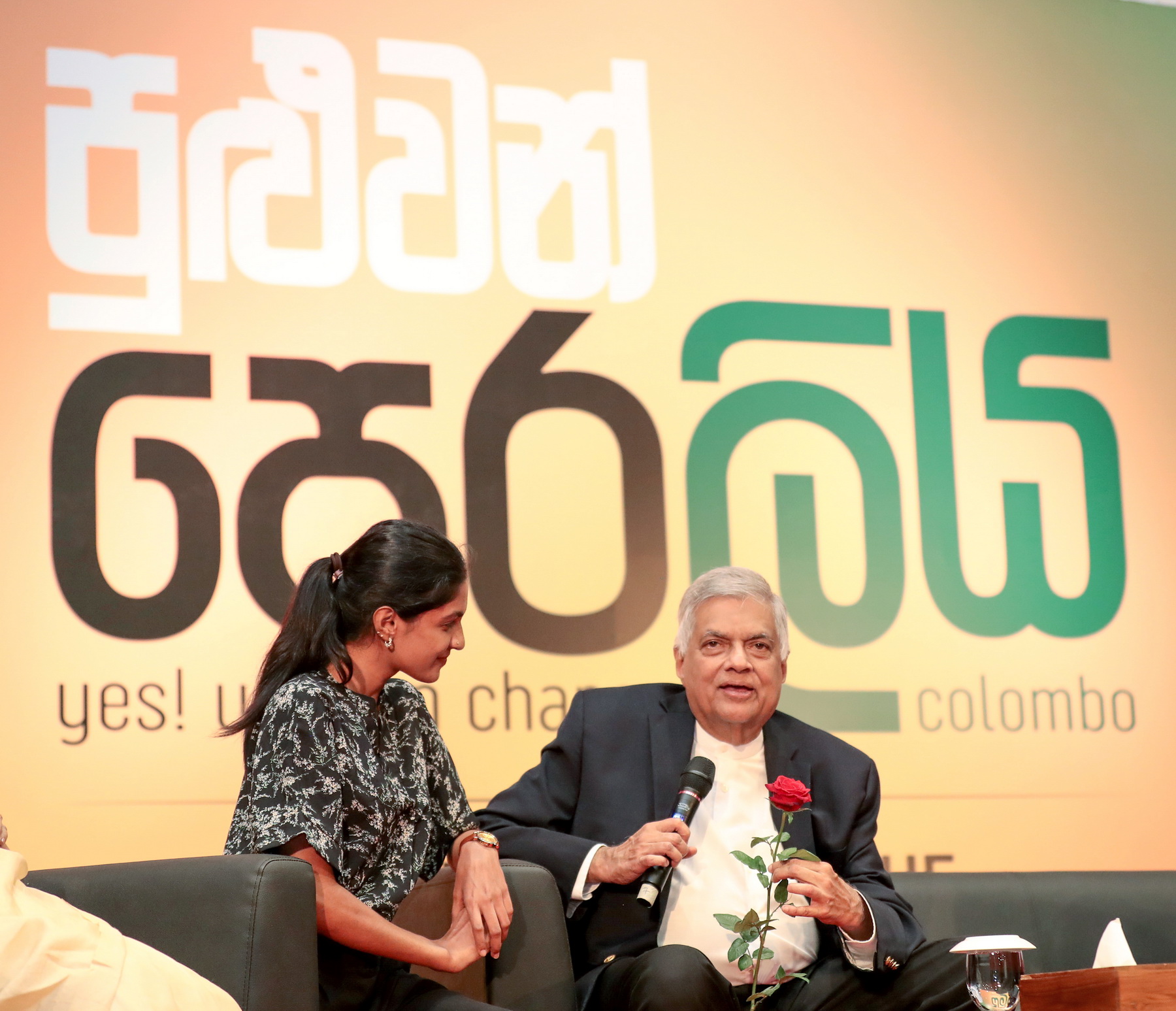
How can you support change when they don’t even know what kind of economy they want to build? They’re dodging responsibility, claiming that all political parties except theirs are responsible for the state of the country. They pretend they had nothing to do with the uprising in 1987. Perhaps they should sue for damages for the misuse of their name! But when we make mistakes, we must admit them. As politicians, we’ve made mistakes—promising the people everything when we didn’t have the resources to deliver. We didn’t always tell the truth, but at least we are admitting our errors now.
If you can’t admit your past mistakes, how can you be trusted with the future? Their budget has a Rs. 4,000 billion deficit, while the IMF will only allow a deficit of Rs. 1,000 billion. If they violate IMF conditions, the dollar could reach Rs. 400, and if the IMF pulls its support, it could go as high as Rs. 500. Aren’t they misleading you? Aren’t they spreading hatred to push for change? But what change are they offering? If they don’t know what kind of change they want, how can you vote for it?
How many of you have read their manifesto? It’s 232 pages long. I read most of it, but fell asleep five times in the process! What’s in it? Nothing but general statements. Ask them what they’re planning for the 2025 budget. They claim they’ll recover stolen money, citing the Anti-Corruption Act. But that act doesn’t allow for the recovery of money. They don’t even know we’ve introduced a second piece of legislation, the Proceeds of Crime Bill. And even if they manage to catch someone next year, it would take five years before a case is resolved. So, for 2025, their plans are pure nonsense.
If you’re satisfied with their ideas, by all means, vote for them. They talk about “Venasa”—change—but what change do they really want? They don’t even know. Their approach is simple: swap my face for the former Agriculture Minister Anura Kumara Dissanayake’s face. But beyond that, what are they offering?
I, on the other hand, am working to transform our import substitution economy into an export-driven, digital, green, and knowledge-based economy. This includes agricultural modernization, poverty reduction in rural areas, tourism expansion, and creating more jobs through investment zones. Imagine the transformation this will bring to our economy and your future. I’m also committed to ensuring social benefits for low-income groups and giving 2 million people land ownership. We will replace plantation line rooms with proper villages, bringing far-reaching social change, women’s empowerment, and social justice.
Our anti-corruption agenda will be bolstered by the introduction of Janasabha and greater representation for women and youth. We’ve also made 87 recommendations for election reforms, political party accountability, and the debt commission. When you put all of these together, we are offering a new country.
President's Chief of Staff and National Security Advisor Sagala Ratnayaka also graced the event.
